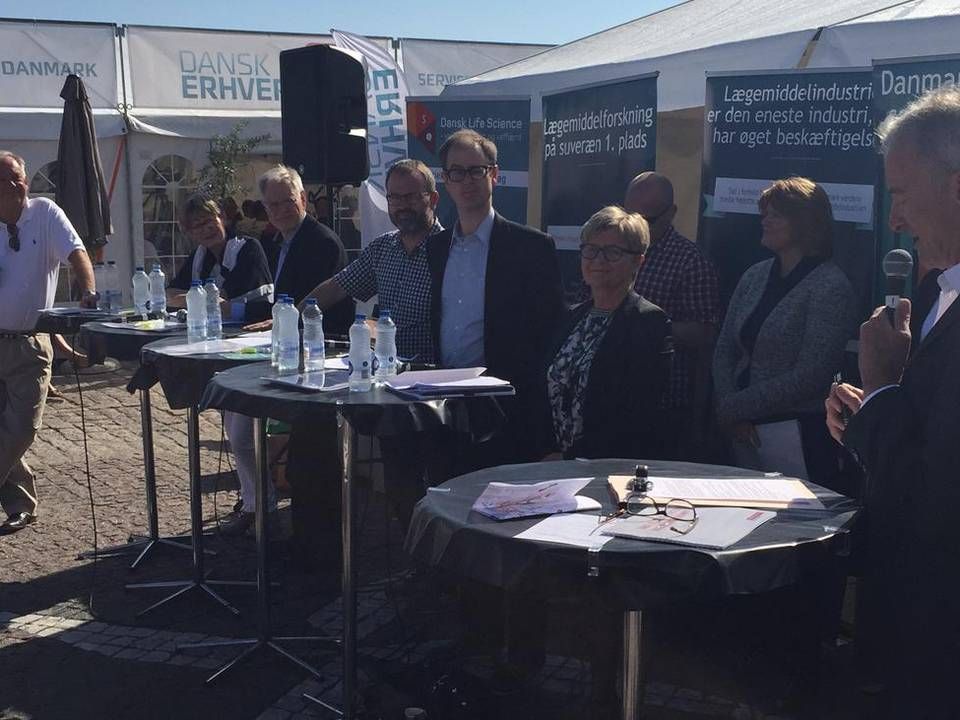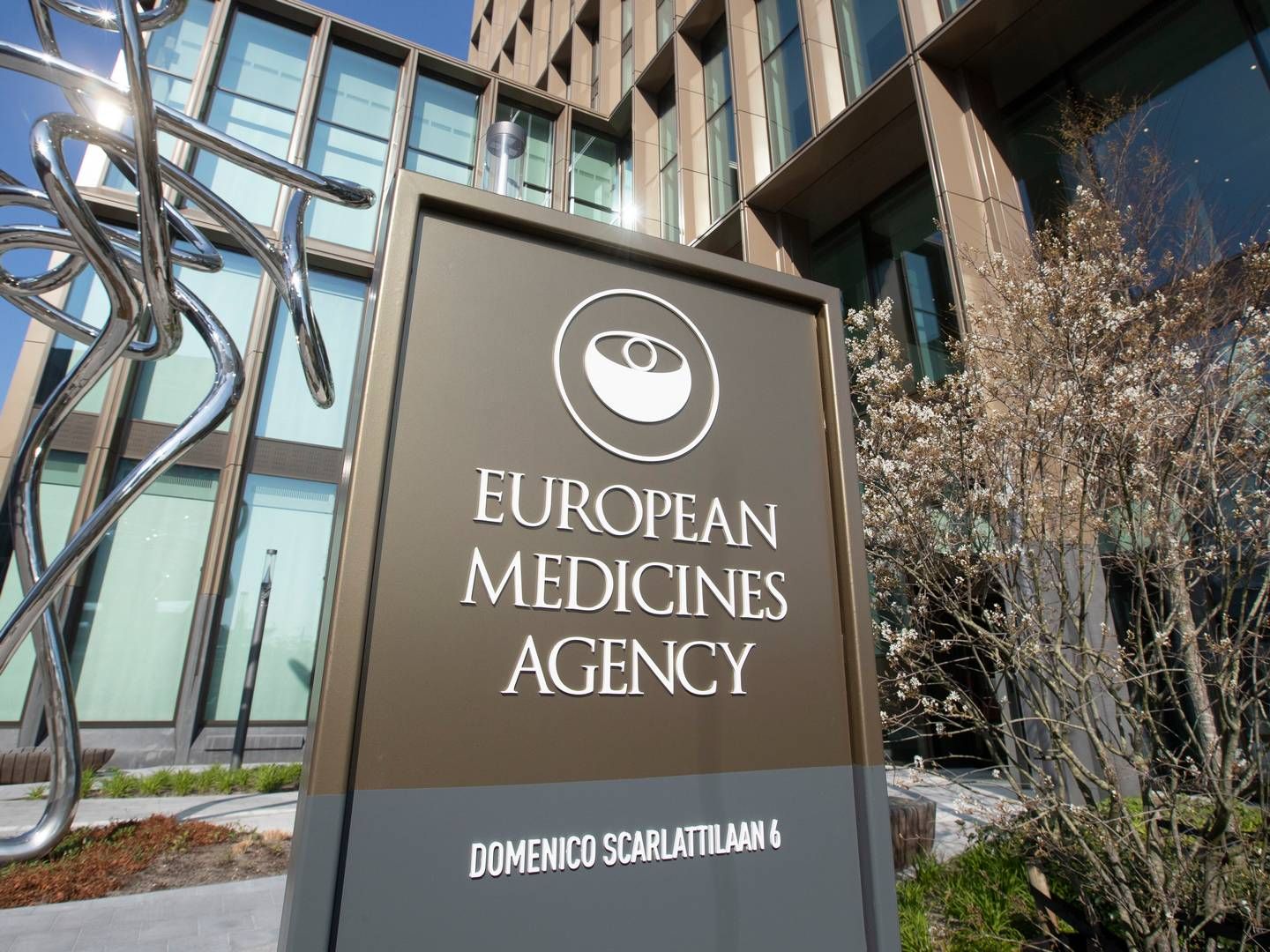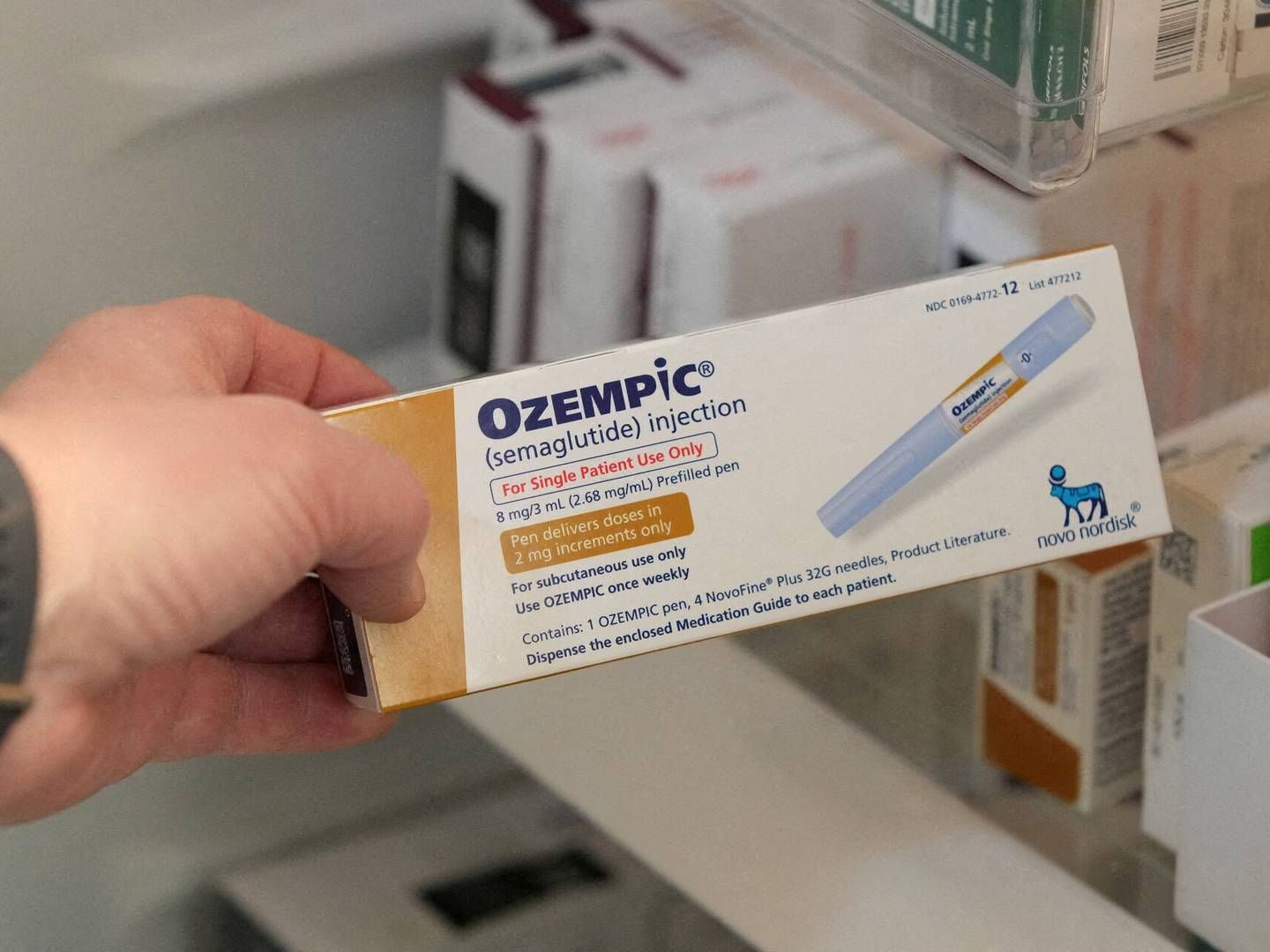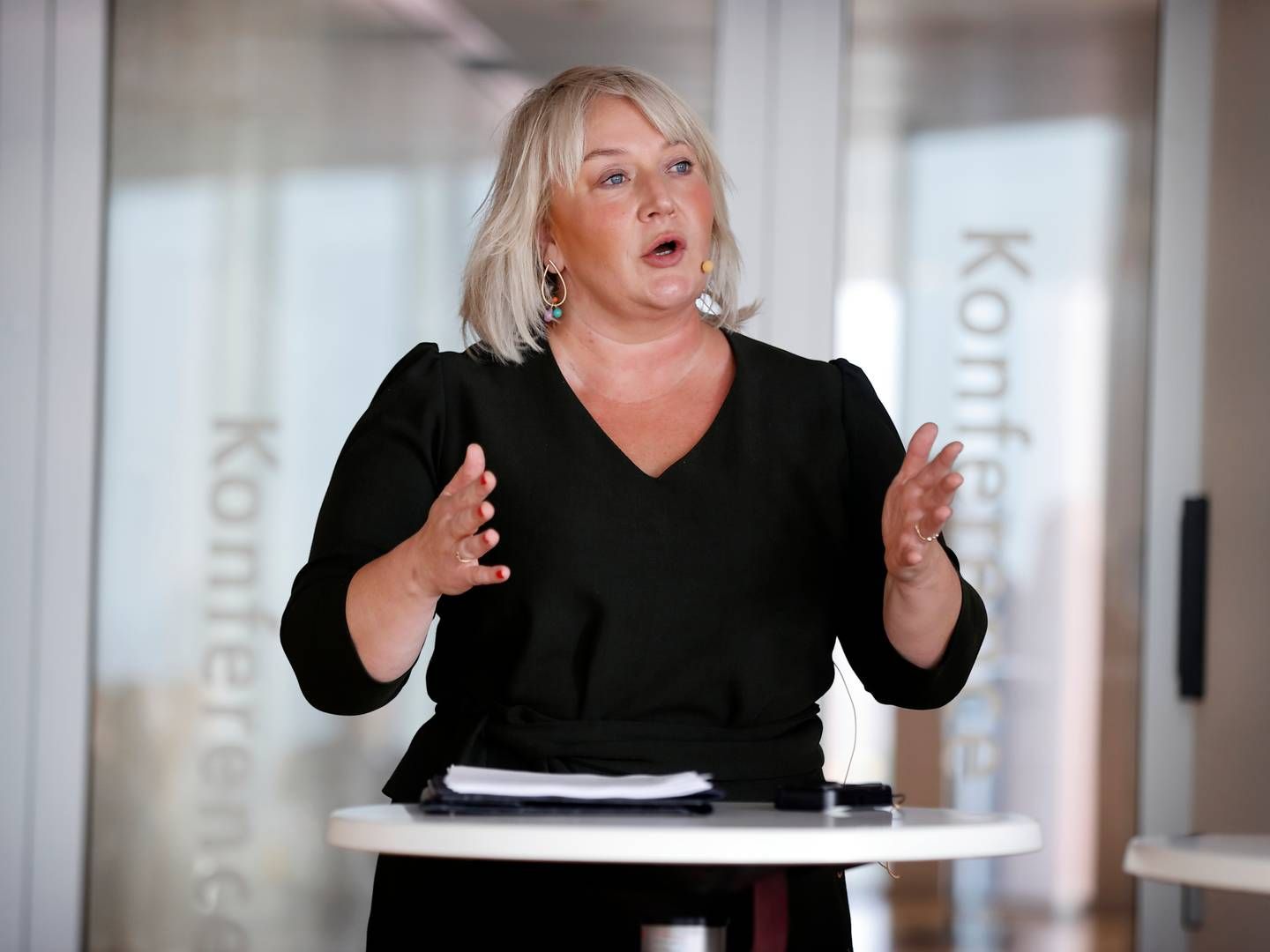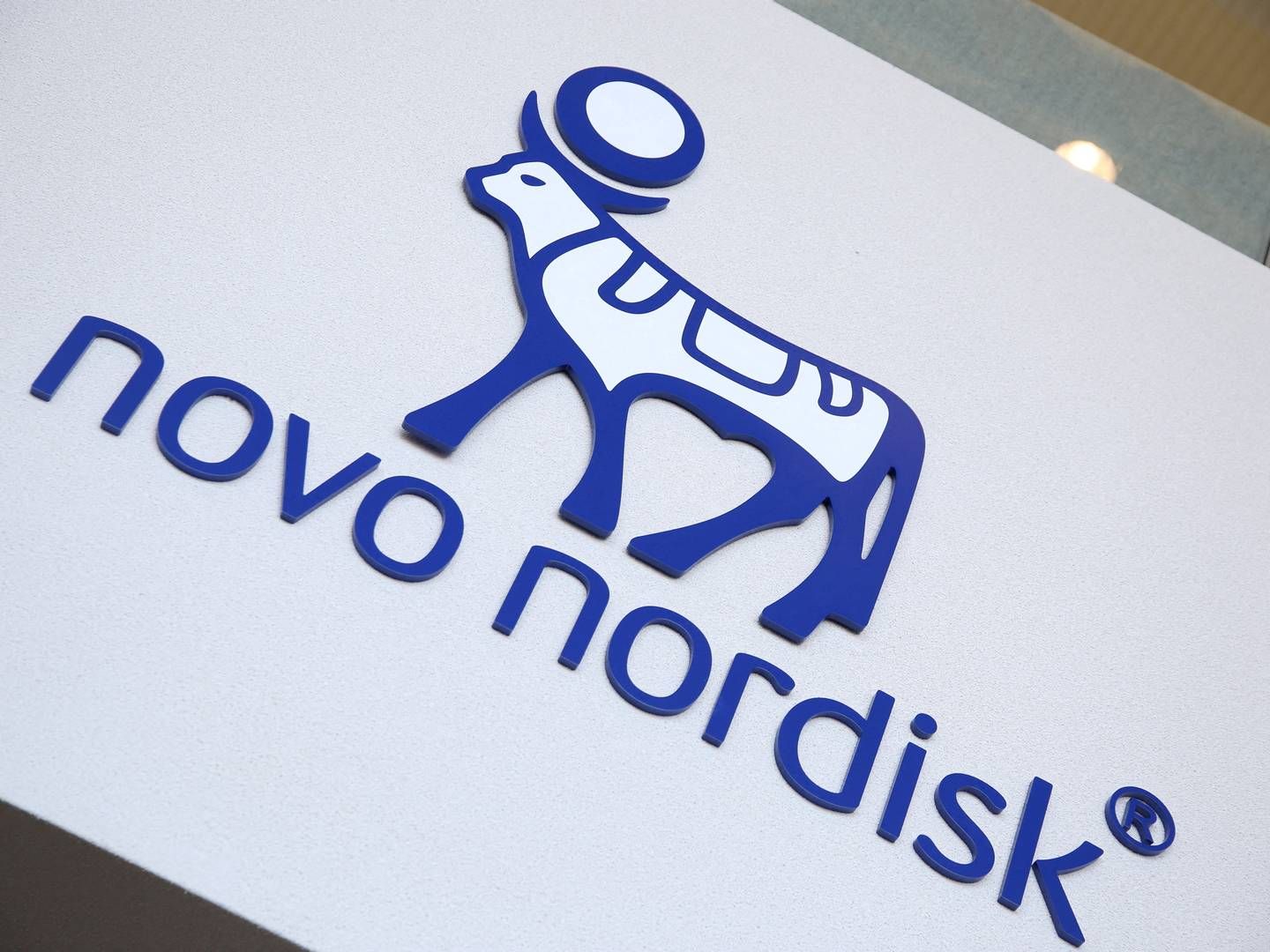Lif is ready to take on the Swedes: EMA should go to Denmark

A neighbor feud could be brewing between Denmark and Sweden if the UK votes to leave the EU on June 23. Should that happen, The European Medicines Agency would be forced to leave its current home in London. Sweden has already informally announced its candidacy, but if the EMA is forced to uproot, Denmark would be the obvious choice as the new home country for EMA, says Ida Sofie Jensen, CEO of the Danish Association of the Pharmaceutical Industry (Lif).
“Of course we will put pressure on the government to do everything it can to attract the European approval agency to Denmark,” Ida Sofie Jensen tells MedWatch.
Gain access to all our content for 40 days free of charge
She stresses that moving EMA to Denmark would be making the best of a bad situation.
“The best thing for all of us working in biotech and pharma would be that the UK stays in the EU, so we are not cut off from the strong environments over there,” she says and points to the so-called golden triangle formed by research communities in Oxford, Cambridge, and London.
Triple helix
Last week, Ida Sofie Jensen’s colleague at the head of the Swedish industry association wrote that EMA should be moved to Sweden in the case of a “Brexit”. But that would not make sense, Ida Sofie Jensen believes.
“When a biotech company or a company in the pharma sector has to decide where to place its headquarters, the preferred places as it is now are Boston, the UK, Switzerland, and Denmark. Boston is in the US, Switzerland is not in the EU, and if the UK leaves the EU and EMA has to move, the obvious location would be Denmark.”
She points to Denmark having a professional environment on par with the one found in the UK.
“Our triple Helix – that is, the relationship between the pharmaceutical industry, universities, and public authorities and hospitals – is very strong,” she say, taking a sly dig at the industry in Sweden.
“You simply have to say that the Swedes no longer have the pharmaceutical industry, because it left Sweden. They don’t have the research environments that used to be there when AstraZeneca and Pharmacia were Swedish owned. They have great universities and great hospital environments, but they don’t have the industry. So Denmark would be the natural choice,” she stresses once again.
Anders Blanck highlighted AstraZeneca in his article. But you don’t agree with him on that?
“I think it’s difficult to call AstraZeneca Swedish as it’s owned by a British company that merged with Zeneca , and it’s now called AstraZeneca and is on British hands,” she says with a slight laugh, adding:
“They are still present in Sweden, but have shut down a lot of their research in places like Malmö and most recently in Södertälje. So they don’t have the presence (in Sweden, ed.) that they used to. The pharmaceutical industry there doesn’t have the same size or importance it had ten years ago.”
Approval agency lost ground
But one of the areas in which Sweden is strongly positioned is with its approval agency Läkemedelsverket, which is heavily involved in international duties, helping to verify and approve various drug projects, Ida Sofie Jensen concedes.
“We have to admit that we have lost ground in that respect in the years when The Danish Medicines Agency was merged with The Danish Health Authority (2012-2015, ed.). Therefore it’s extremely important that we now have an independent medicines agency and that it understands what an important task it is to participate in international collaboration on behalf of the Danish life science industry,” she says and points out that this might be the one obstacle to an EMA in Denmark.
“If we don’t have a strong level of regulatory authority, we won’t be able to attract a European agency like EMA. But in other areas we are definitely stronger than Sweden,” she adds.
Lif has not formally reached out to the Danish government with a view to attracting EMA to Denmark.
“No, we haven’t because we still hope the UK stays in the EU,” she says, adding that the association is ready to go toe-to-toe with Sweden in the case of Brexit and begin its lobby work immediately.
“The life science industry in particular is subject to a veritable race in terms of which countries and regions should become preferred places for investment. We are in talks with the business ministry about conditions for life science in the coming decade. So bringing EMA to Denmark ties in perfectly with our talks with the government concerning a new strategy,” Ida Sofie Jensen says.
Danish life science industry is in need of qualified workers
Drugs account for bulk of Danish exports to the US
Denmark agrees to new price cap deal
EU Commissioner urges collaboration on drug pricing
- translated by Martin Havtorn Petersen
Would you like to receive the latest news from MedWatch directly in your e-mail inbox? Sign up for our free English newsletter below.
Relaterede artikler
Drugs account for bulk of Danish exports to the US
For abonnenter
Denmark agrees to new price cap deal
For abonnenter

